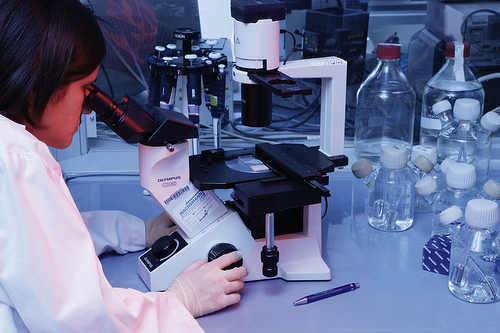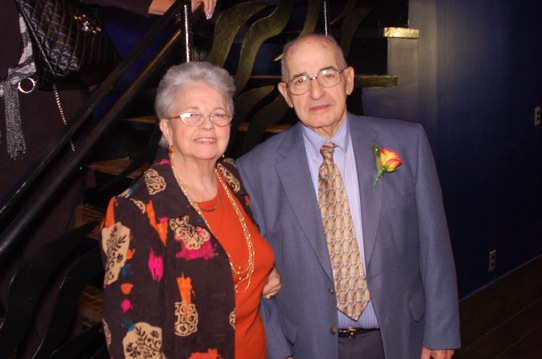
Natural killer cells for cancer treatment
Included among the innovative ways being developed to diagnose and treat diseases, researchers are advancing a more natural way of addressing liver cancer using natural killer cells (NKS). As curious as they sound, we decided to explore and explain NKS.
NKS are naturally-occurring cells that live in our body, and have been subject of numerous studies for cancer treatment, especially cancer of the blood. Today, there is a growing body of evidence supporting the use of these killer cells to improve the treatment for hepatocellular cancer (HCC), the most common form of liver cancer.
In previous immunotherapy studies, natural killer cells have been used to develop treatments for global epidemics like HCC. In liver cancer treatment, these cells are extracted from a healthy liver and enhanced in the laboratory. These cells react with different levels of potency when combined with various chemicals and antibodies. When injected into the bloodstream, these cells aggressively target cancer cells.
In a new study at the University of Southampton, researchers are creating different combinations of chemical stimuli that would give the best anti-cancer effects when combined with natural killer cells.
The continuous rise of hepatocellular cancer in the United States, as well as the difficulty of getting a liver transplant have urged researchers to explore the full capacity of using natural killer cells in liver cancer treatment. HCC accounts for about 90 percent of liver cancer cases in the country. It is primarily due to repeated scaring in the liver over a long period of liver damage.
Liver transplant does not guarantee the survival of patients. In the US alone, approximately 20 percent of liver transplant patients die from the recurrence of cancer in the newly transplanted liver. Experts believe that even after liver transplant, cancer cells still linger in the blood stream. Natural killer cells would hinder this relapse by killing as many tumor cells as possible.
Further studies on NK cell immunotherapy are still underway but researchers express their high hopes on the benefits that this new treatment could offer to liver cancer patients.































Thanks for sharing this great piece. Very interesting ideas! (as always, btw)